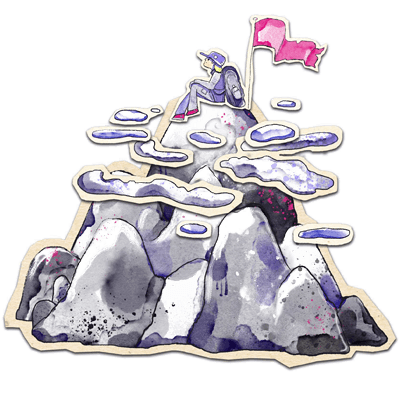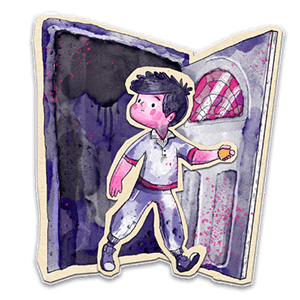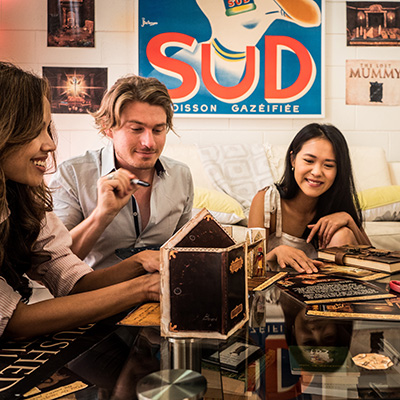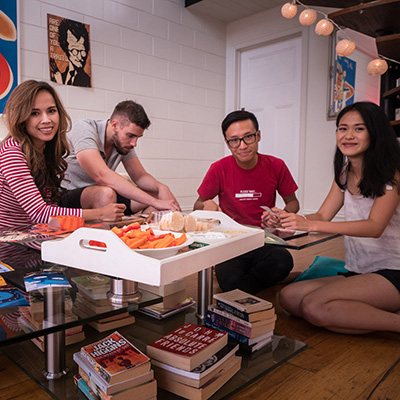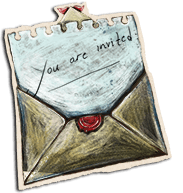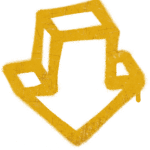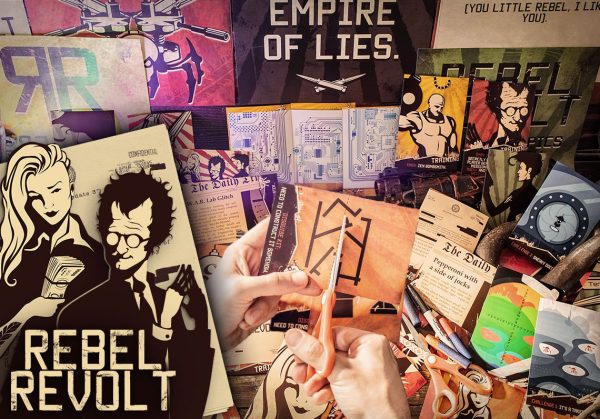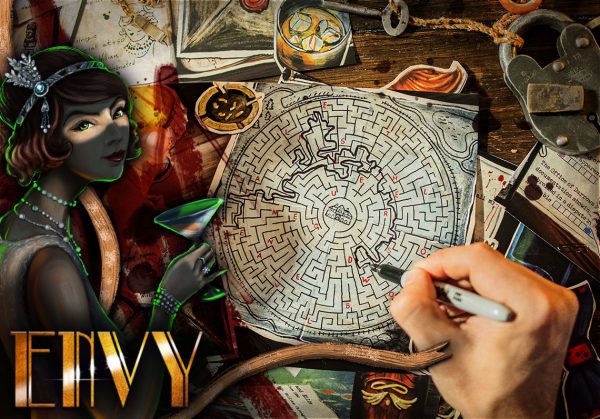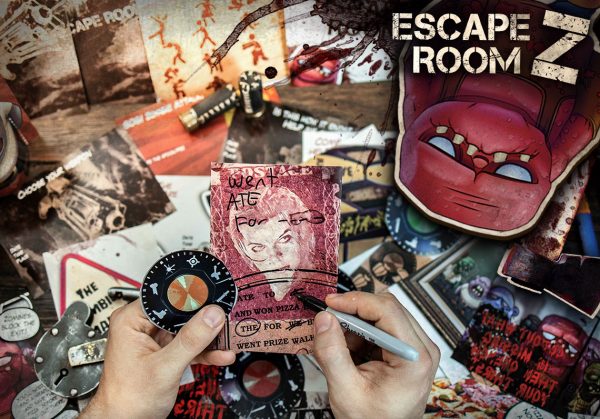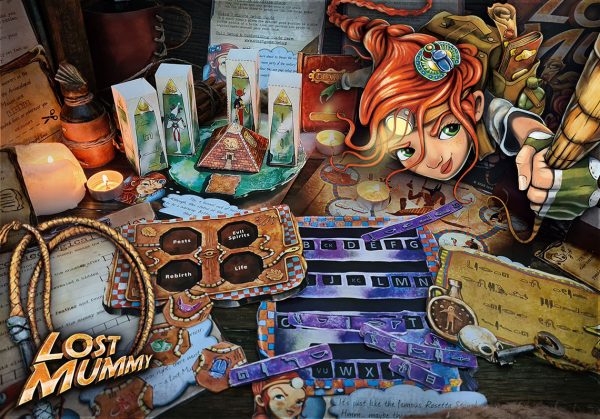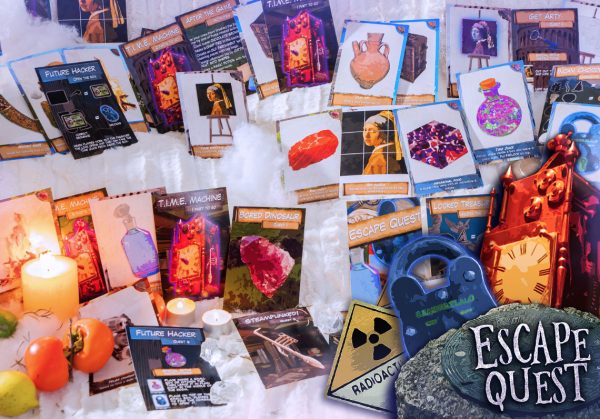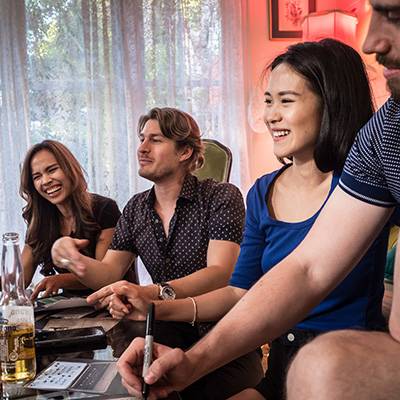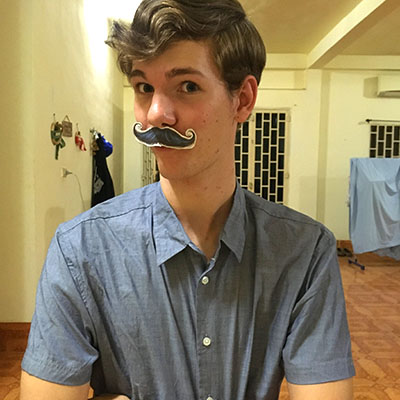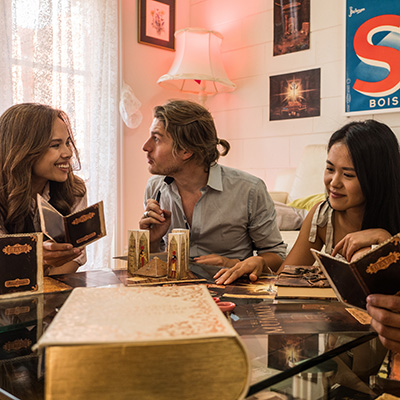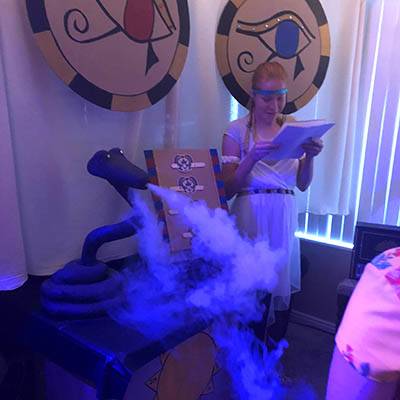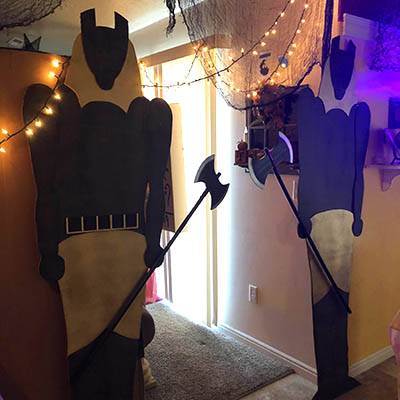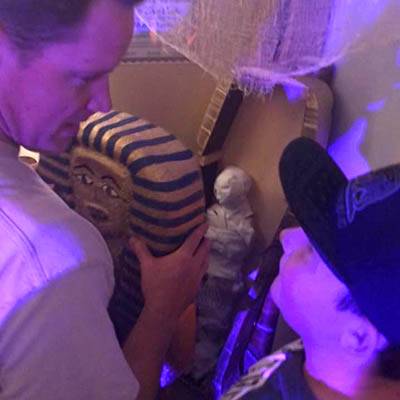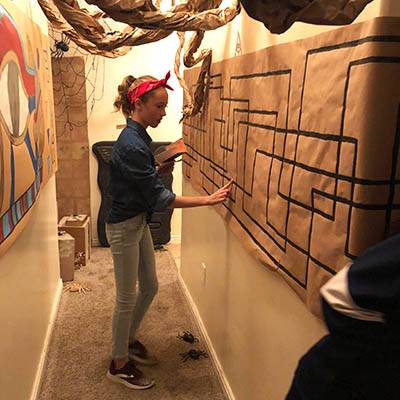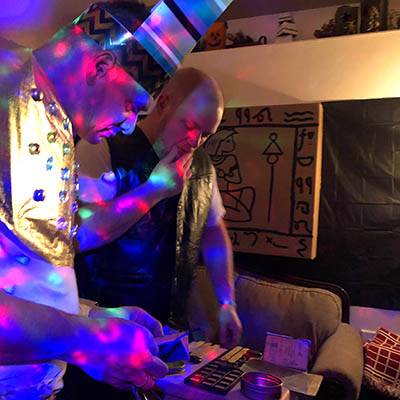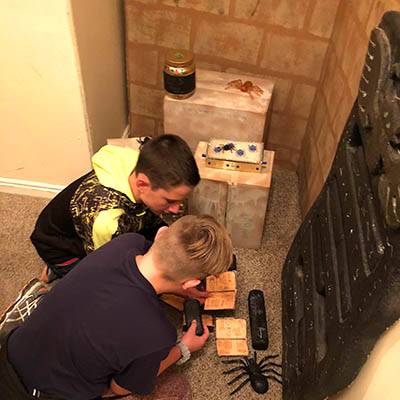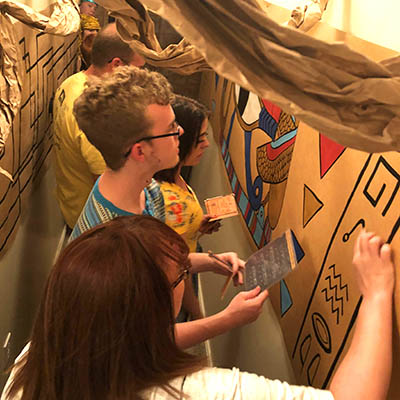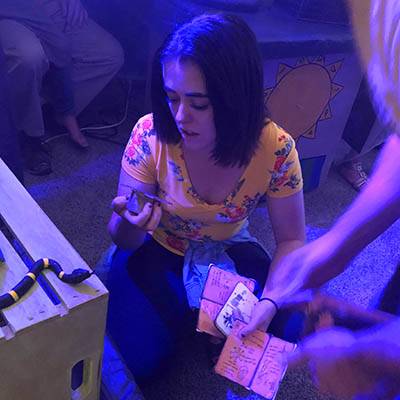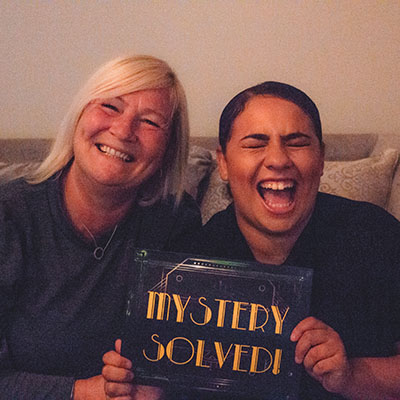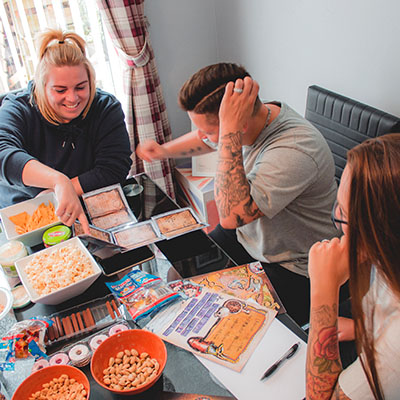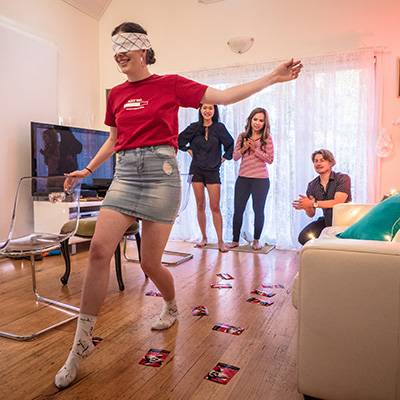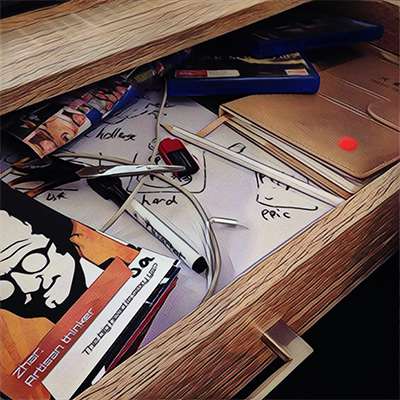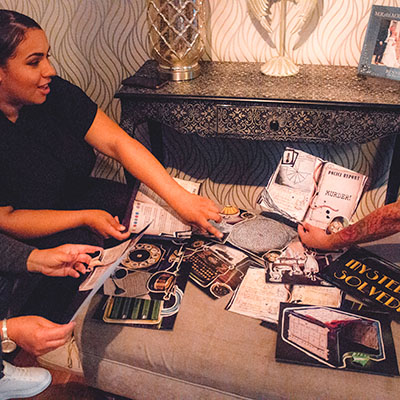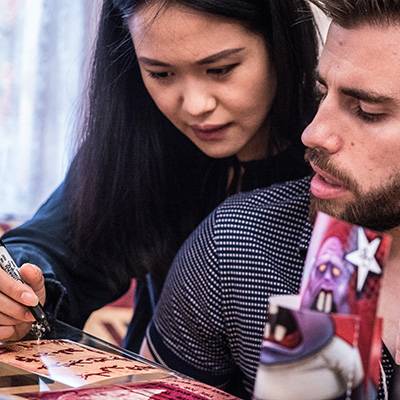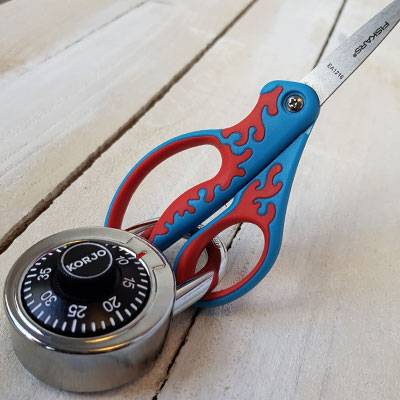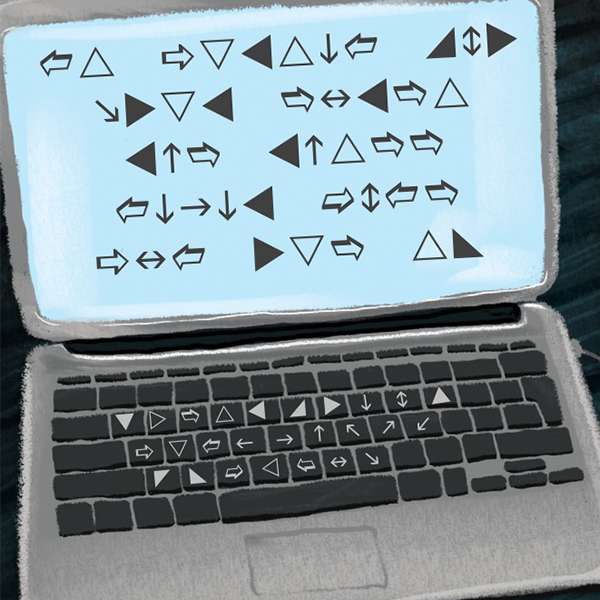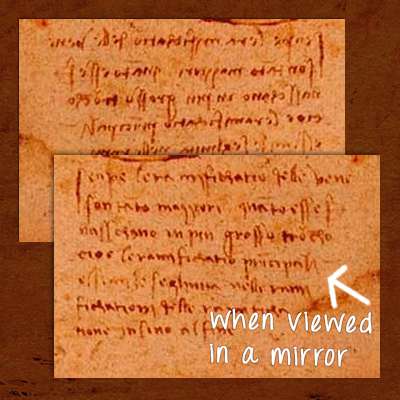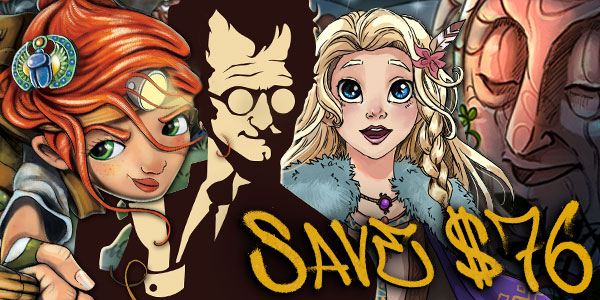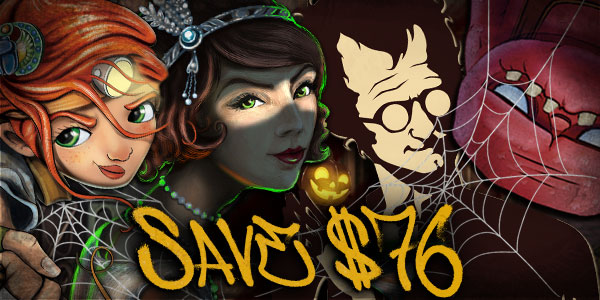Huck, Alice, and Holmes:
I can’t wait for tomorrow’s adventure. The descent into the Lost Mummy’s tomb will test our wits, nerves, and cohesiveness. I believe that we will function as one unit, overcome the obstacles, and find the clues that will allow us to avoid a lifetime of confinement. I offer a few final thoughts on preparing for glory.
Do not drink before the challenge. Huck, I realize that this may be challenging for you. However, alcohol dulls your wits, reducing the odds that we can successfully navigate the many puzzles we encounter. Only 40% escape this room alive, and many only with significant penalties. On a final word, the escape room will not allow any intoxicated players, further reducing our odds of successfully escaping.
Eat only lightly before the escape room. I booked us a table at Newt’s Wings, Dings, and Things after we finish. We can consume food and drinks aplenty there before waddling home. Overeating before the escape room will make you sleepy. Sleepy people exhibit reduced mental functioning, making it more challenging to solve the treacherous puzzles we will face. Failing to solve the puzzles will leave us in the mummy’s tomb, where your full belly will offer the mummy an enticing meal.
Dress appropriately. Remember that you will encounter cobwebs, dust, and possibly sand. Only wear clothes that are comfortable and wash well. Wings, Dings, and Things does not have an imposing dress code! I also recommend closed-toed shoes. If you have a regular watch - the old fashioned kind with hands - wear it. The escape room will not allow smartwatches, cell phones, or other devices capable of receiving a signal. Having an old fashioned wristwatch will help us track the time remaining to escape.
We start precisely at 7pm. Be there at 6:30pm to ensure no hassles with traffic. We will also need time to sign the required waivers and make a final trip to the loo. No restrooms exist in the escape room!
We know how to win an escape room. We can prevail over the traps that the mummy has set for us. Remember to think positive. Arrive ready to do your job, and we will escape in record time! And the sooner we defeat the escape room, the sooner we can make it to Wings, Dings, and Things!
Yours Affectionately,
Joan
EN



